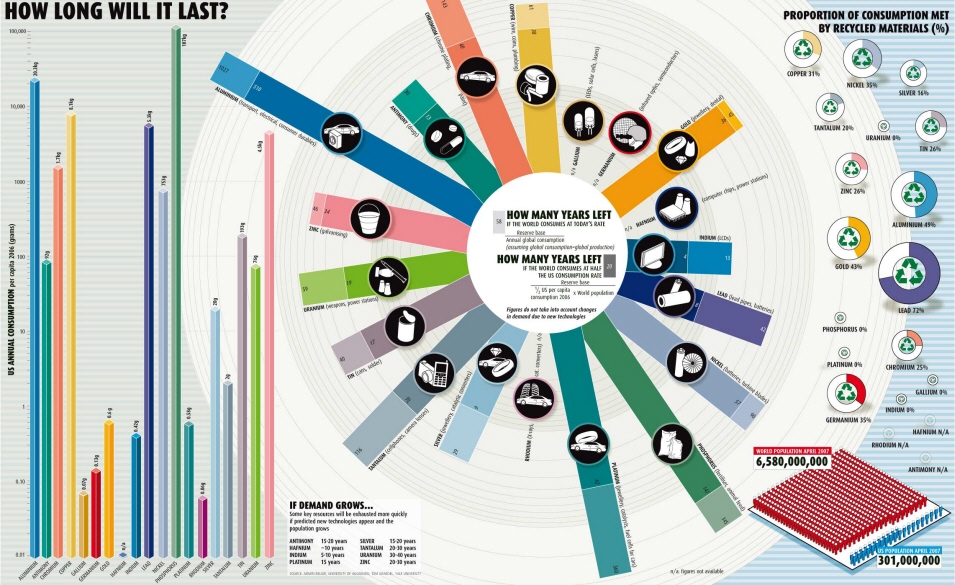Greener electronics

Increasing use of electronics in many areas benefits society as well as individuals. At the same time increased use of computers, pads, cell phones, integrated circuits in smart products generates new challenges.
This project aims to identify and describe key areas that need further research and development, for an increased use of electronic products not to threaten the development towards a more sustainable society.
-
energy use in the usage phase as well as in the production phase (the later starts to increase in relative terms, partly due to shorter service life).
-
rare metals issues –scarce resource with impacts in mining and production and as e-waste, spreading new metals in ecosystems.
- social issues of the life cycle – e-waste and developing countries, availability to whom? etc.
The devices that are developed in the group ‘Automated forest monitoring’ can be used as a possible case study to investigate the consequences of their deployment and to propose potential improvements.
Dream Team
The project is open for students from all subject areas with an interest in sustainability issues. Pre knowledge on environmental issues related to electronics is beneficial but not crucial.
A dream team of students would consist of a mix of students with background in
- electronics or electric engineering to help understand what could be inside the devices we are talking about,
- biology, environmental science or ecology to help understand effects in the biosphere from the flows generated by electronic devices
- design, business or social sciences connecting effects from use of electronic devices with human needs and human well-fare
- other areas of study giving context to the cross disciplinary understanding
Apply to the project
If you have any questions about the project, please contact
Prof. Morgan Fröling, Mid Sweden University, Email: morgan.froling@miun.se
